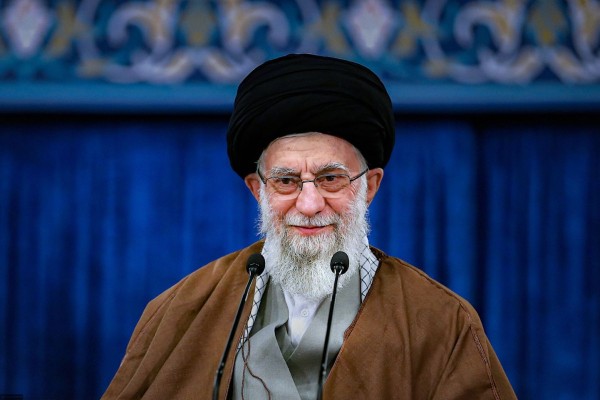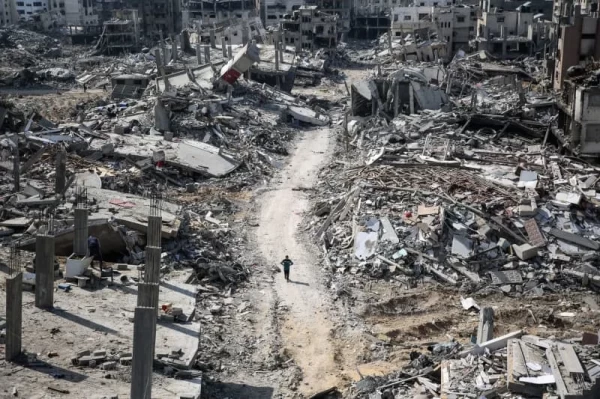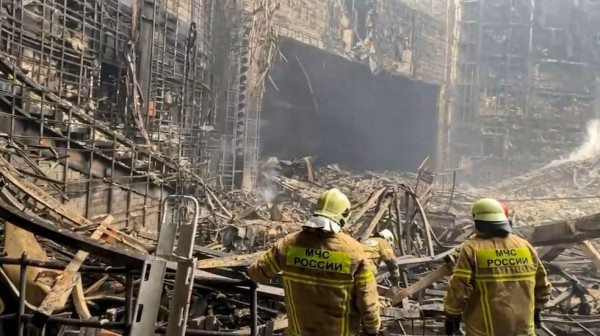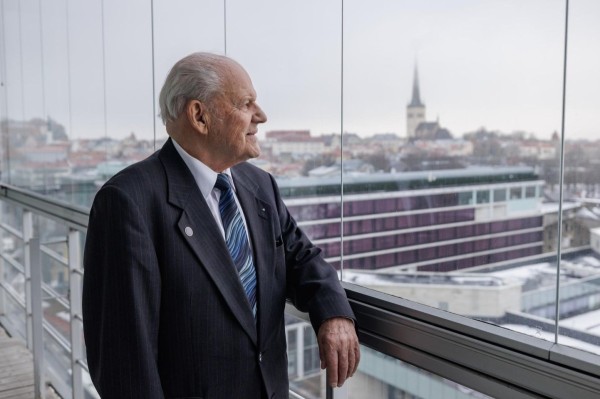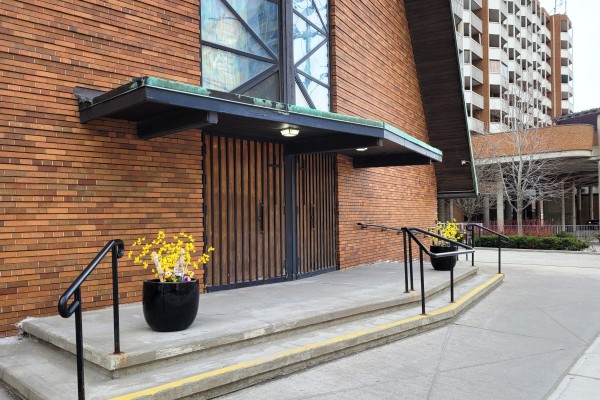Luke Harding, theguardian.com, Monday 13 January 2014
Moscow authorities ban writer from the country in first expulsion of US journalist since the cold war
Russia has expelled a US journalist living in Moscow for the first time since the cold war, in a move that is likely to strain relations with Washington on the eve of the Sochi Winter Olympics.
David Satter – a distinguished former correspondent with the Financial Times and the author of three well-received books on Russia and the Soviet Union – was told on Christmas Day that he had been banned from the country.
Satter had been based in the Russian capital since September. Last month, he travelled to the Ukrainian capital Kiev to renew his visa where Alexy Gruby, a diplomat at the Russian embassy, read him a prepared statement that said: "The competent organs have decided that your presence on the territory of the Russian Federation is not desirable. You are banned from entering Russia."
The "competent organs" are the Federal Security Service (FSB), President Vladimir Putin's powerful domestic spy and counter-intelligence agency. Such language is usually used in spy cases.
The US ambassador in Moscow, Michael McFaul, raised Satter's case with Russia's deputy foreign minister, Sergei Rybakov, on the eve of the refusal. Following Satter's expulsion, the embassy issued a diplomatic protest and asked for an explanation. The Russian authorities declined to give one.
Since 2009, the Obama administration has pursued a pragmatic policy of "resetting" relations with the Kremlin. Critics say this has brought few positive results.
Satter's expulsion is surprising. It comes weeks after Putin gave an amnesty to several high-profile political prisoners including the jailed former oligarch Mikhail Khodorkovsky, the Arctic 30 Greenpeace activistsand two members of the feminist punk band Pussy Riot. The move was widely seen as an attempt to improve Russia's image ahead of the Sochi Olympics, which begin on 7 February.
Expulsions of western correspondents were a regular hallmark of the cold war era. The Kremlin evicted a string of American reporters in the 1960s, 70s and 80s. The last to be unilaterally thrown out was Newsweek bureau chief Andrei Nagorski in 1982. Another reporter, Nicholas Daniloff, was briefly jailed in 1986 after the FBI arrested a Soviet spy in New York.
Under Putin, the FSB has brought back KGB-style methods of harassment against foreign journalists. These include demonstrative apartment break-ins, surveillance and interrogations. Largely unreported, the FSB is increasingly rejecting visa applications from western academics seeking to visit Russia if their publications are deemed hostile.
Speaking to the Guardian from London, Satter, 66, said: "My position is that this ban should be reversed immediately."
He said the manner of his expulsion – without any explanation – suggested the security services regarded him as a risk. "This is a formula used for spies," he said. "To apply it to a journalist is something I have not seen in nearly four decades of writing and reporting on Russia. It is indicative that they consider me, for whatever crazy reasons, to be a security threat."
Satter first visited Moscow in 1969 as an Oxford graduate student. Between 1976-82 he was the FT's correspondent in the city. In 1979, the authorities threatened to expel him for "hooliganism", only to back down later. He returned to post-communist Russia in the early 1990s and went back to Moscow from the US for another stint last autumn.
Satter's new role was an adviser to the broadcaster Radio Europe/Radio Free Liberty, which is funded by the US Congress. He was also working on a book on Russia's post-communist history. Satter said he had been unable to collect his notes, clothes and other belongings, which remain in his flat in central Moscow.
Asked why Russia had kicked him out, Satter said he did not know the answer. But he speculated that the FSB's decision may be linked to his writings on Russia's 1999 apartment bombings – one of the murkiest episodes in the country's post-Soviet history.
More than 300 people were killed in a series of unprovoked explosions in Moscow and two other cities. Putin blamed the bombings on Chechen terrorists. He immediately seized on the blasts to justify a second, punitive and devastating war in Chechnya.
Satter, and others, believe the bombings may have been an undercover FSB operation, designed to boost Putin's popularity and to secure his election as president. In his 2003 book, Darkness at Dawn: The Rise of the Russian Criminal State, Satter concluded that the evidence of the FSB being behind the blasts was "overwhelming".
In September 1999, FSB officers were caught planting another bomb under an apartment block in Ryazan. The head of the FSB, a close ally of Putin's, later claimed the bomb had been an FSB training exercise. Satter's 2003 book was reprinted in Russia last February, under the title How Putin Became President.
Several other prominent Russians have similarly accused the FSB, including the journalist Anna Politkovskaya and Alexander Litvinenko.Both were subsequently murdered. Putin has dismissed the claim as a slander.
Satter said he had planned to expand investigative journalism at Radio Liberty, which has recently been in a state of turmoil after many of its long-standing Russian staff were sacked. It is one of few sources of independent news in Russia, where most of the media is either state-controlled or in the hands of oligarchs linked to the state. Since Putin's return to the Kremlin in 2011, the official media has become increasingly anti-western.
"We wanted to pay attention to historical events including the most critical and tragic events," Satter said. "I didn't go back to Russia to report on the apartment bombings. I've already done that. But at the same time I don't believe questions of such importance can be ignored." Other sensitive events include the 2004 Beslan school hostage crisis, in which 334 people, most of them children, died, he said.
A senior fellow at the Hudson Institute and a fellow at Johns Hopkins University, Satter is scathing about the White House's uncritical approach towards the Kremlin. He describes Obama's policy as counterproductive and flawed: "I think my expulsion shows the true nature of the reset. It was meaningless from the start. It ignores the realities of Russian life and Russian politics.
"It treats Russia as a normal democratic country, instead of treating it as a society dominated by a small group dedicated only to itself, both materially and politically. It's self-deluding. It makes it more difficult to deal with the consequences."
Concerns over security at next month's Sochi games have been heightened by twin suicide attacks last month on the city of Volgograd, which caused 32 deaths. The authorities have blamed Islamist jihadis who are fighting to establish a "caliphate" in the nearby North Caucasus. "In Russia we don't always know who is blowing up whom," Satter said.
US-Russian ties have been strained for some time. They worsened last year when Putin granted asylum to Edward Snowden. No high-ranking US politician will visit the opening ceremony in Sochi – and the White House has included several openly gay members of its official delegation, a response to anti-gay legislation passed by Russia's Duma last year.
Putin was the FSB's boss before he became prime minister in 1999 and president in 2000. The organisation is known for its conspiratorial world view and its hostility towards the United States. The FSB now appears to be the ultimate arbiter of who is allowed into the country.
(http://www.theguardian.com/wor...)
Russia expels US journalist David Satter without explanation
Arvamus
TRENDING







